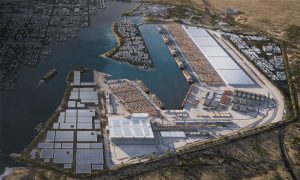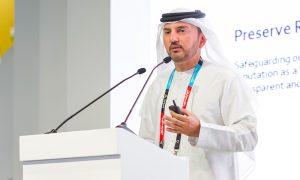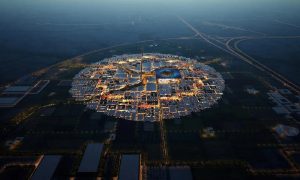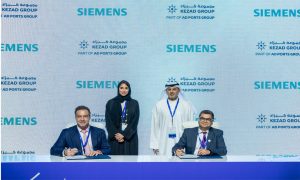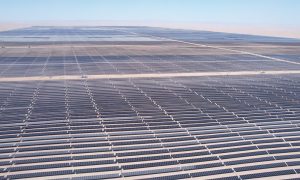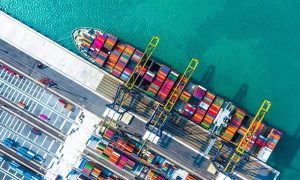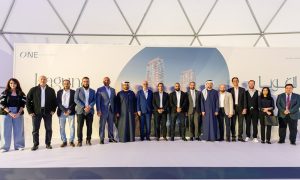DEWA increases desalinated water production capacity to 490 MIGD
Utility company says SWRO desalination plants require less energy that MSF plants
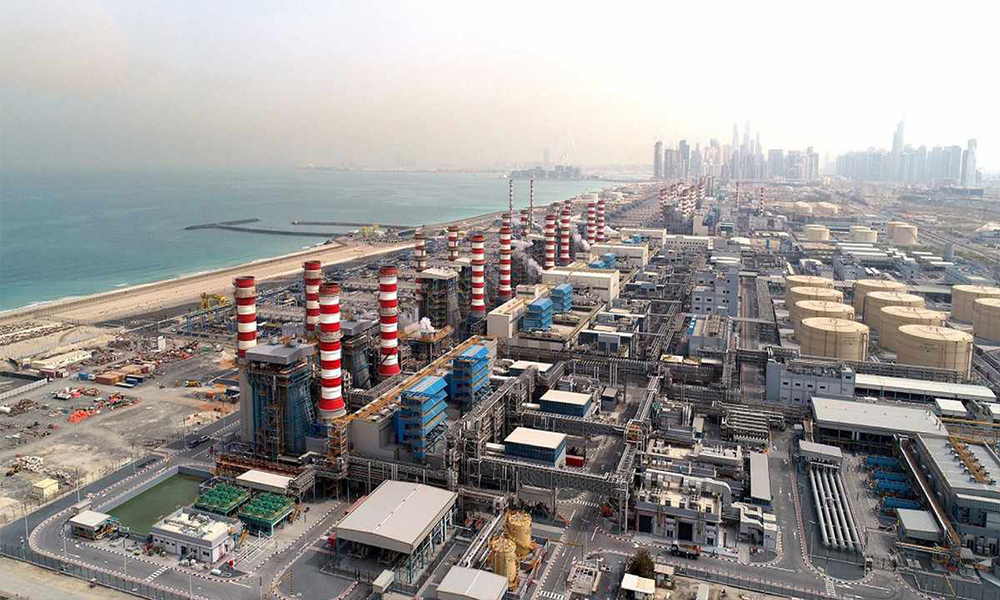
Following the addition of advanced new units using Sea Water Reverse Osmosis (SWRO) technology at its Jebel Ali Power Plant and Desalination Complex, the Dubai Electricity and Water Authority (DEWA) has said its desalinated water production capacity has increased to 490 million imperial gallons per day (MIGD).
Saeed Mohammed Al Tayer, MD & CEO of DEWA noted that DEWA currently has 43 Multi-Stage Flash (MSF) water desalination units with a total production capacity of 427 MIGD of water at the D, E, G, K, L, and M Stations. It also has two SWRO plants with a production capacity of 63 MIGD. DEWA’s total production capacity of desalinated water is 490 MIGD at the Jebel Ali Power Plant and Desalination Complex.
“We work in line with the vision of the wise leadership to develop a world-class infrastructure to keep pace with the growing demand for energy and water and provide excellent services for over a million customers in Dubai according to the highest standards of availability, reliability, safety and efficiency. This is supported by assets worth more than $49.5bn owned by DEWA and its subsidiaries, as well as investments of up to $23.41bn over five years in the energy and water sectors,” said Al Tayer.
He noted that DEWA aims to increase its SWRO production capacity by 303 MIGD by 2030; reaching 42% instead of its current share of 13%. The desalinated water production capacity will reach 730 MIGD in 2030. SWRO desalination plants require less energy than MSF plants. One of DEWA’s latest projects, Jebel Ali K-Station, which has a production capacity of 40 MIGD uses this technology.
Nasser Lootah, EVP of Generation Division at DEWA said that the utility company adopts smart technologies that allow effective desalination plant control and monitoring, thus enhancing availability and reliability.
For the first time, DEWA implemented in ‘K’ station SWRO plant the Dissolved Air Flotation (DAF) system to treat water and remove any pollutants prior to desalination process. This enables the desalination process to continue in all conditions especially during red tide when total suspended solids and turbidity reach high levels, the statement explained.
Moreover, the two-pass reverse osmosis system implemented in this project guarantees a high quality of potable water. The SWRO plant is equipped with highly efficient recovery devices 96% efficiency, which utilise the high pressure from the first pass brine/reject stream and transfers it to a portion of the feed water stream to first pass inlet. This significantly reduces electricity consumption in the high pressure pump, thus enhancing efficiency of the desalination process, DEWA noted.
The utility company also stated that it ensures desalinated water quality through continuous monitoring across all stages of the desalination process, thus allowing customers to have access to drinking water that meets the highest international quality and safety standards including that of the World Health Organisation (WHO) for producing, transmitting, and distributing drinking water.

